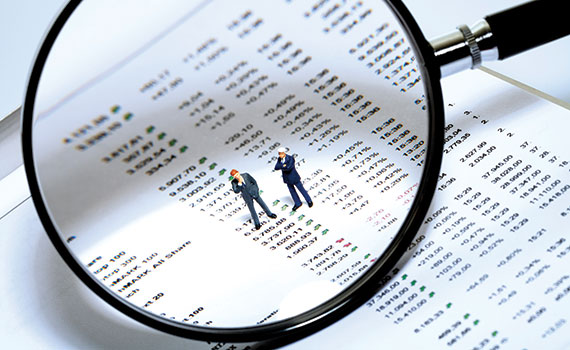Forensic accounting is a specialized field that combines accounting, auditing, and investigative skills to uncover financial fraud and misconduct. It is a highly sought-after profession that offers lucrative career opportunities. If you are interested in pursuing a career in forensic accounting, you may be wondering where you can study this field. In this article, we will provide you with a comprehensive guide on where to study forensic accounting.
- Universities and Colleges
Many universities and colleges offer forensic accounting programs at the undergraduate and graduate levels. These programs provide students with a solid foundation in accounting, auditing, and investigative techniques, as well as specialized training in forensic accounting. Some of the top universities and colleges that offer forensic accounting programs include:
- John Jay College of Criminal Justice
- University of Toronto
- University of Florida
- DePaul University
- University of New Haven
- Florida Atlantic University
- Professional Associations
Professional associations such as the Association of Certified Fraud Examiners (ACFE) and the American Institute of Certified Public Accountants (AICPA) offer training and certification programs in forensic accounting. These programs are designed for professionals who want to enhance their skills and knowledge in this field. The ACFE offers the Certified Fraud Examiner (CFE) certification, while the AICPA offers the Certified in Financial Forensics (CFF) certification.
- Online Courses
There are many online courses and programs that offer training in forensic accounting. These courses are flexible and convenient, allowing students to study at their own pace and from anywhere in the world. Some of the top online courses and programs in forensic accounting include:
- Coursera's Forensic Accounting and Fraud Examination Specialization
- Udemy's Forensic Accounting and Fraud Examination Course
- Association of Certified Fraud Examiners' Online Self-Study Courses
- Continuing Education
Continuing education is essential for professionals in the field of forensic accounting. It helps them stay up-to-date with the latest trends and developments in this field. Many universities, colleges, and professional associations offer continuing education programs in forensic accounting. These programs are designed for professionals who want to enhance their skills and knowledge in this field.
In conclusion, there are many options available for those who want to study forensic accounting. Whether you choose to study at a university or college, join a professional association, take online courses, or pursue continuing education, it is important to choose a program that meets your needs and goals. With the right training and education, you can build a successful career in forensic accounting and make a difference in the fight against financial fraud and misconduct.


